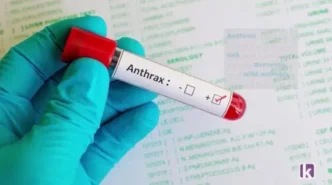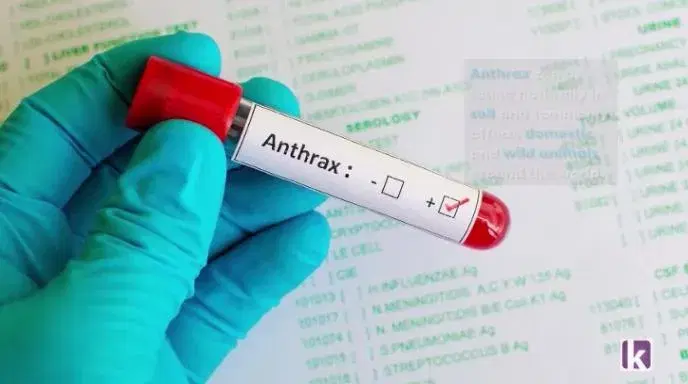Appendicitis, a condition often dismissed as stomach pain, can quickly escalate into a medical emergency. With its ability to strike without warning, recognizing the symptoms early could save your life.
What Is Appendicitis?
Appendicitis occurs when the appendix—a small, finger-shaped organ attached to the large intestine—becomes inflamed due to blockage or infection. If untreated, the appendix can rupture, releasing harmful bacteria into the abdomen and leading to life-threatening complications like peritonitis and sepsis
.
This condition most commonly affects individuals between the ages of 10 and 30, but it can occur at any age. Studies show that 1 in 20 peoplewill develop appendicitis in their lifetime.
What Causes Appendicitis?
Appendicitis often develops when the opening of the appendix is blocked, leading to bacterial overgrowth.
Some key causes include:
- Hardened Stool (Appendix Stones): Trapped fecal matter can cause irritation and infection.
- Infections: Gastrointestinal infections or inflammation in the colon can spread to the appendix.
- Lymphoid Hyperplasia: Swelling in the immune tissues may block the appendix during infections.
- Parasites or Tumors: Rare but possible culprits.
Risk factors include age, gender (more common in males), and family history of appendicitis.
Spotting the Symptoms of Early Appendicitis
symptoms often start subtly but worsen quickly. Early signs include:
- Severe Abdominal Pain: This often starts near the belly button before shifting to the lower right abdomen.
- Nausea and Vomiting: Frequently accompany the pain.
- Loss of Appetite: Eating may feel uncomfortable.
- Fever and Chills:A sign of infection.
- Swollen Abdomen or Bloating: Especially if the appendix has ruptured.
- Difficulty Passing Gas or Constipation: Caused by intestinal blockages.
Red Flag Symptoms
- Sudden worsening of pain
- High fever
- Dizziness or fainting
If you notice these symptoms, seek emergency medical attention immediately by ensuring a proper diagnostic procedures.
Diagnosis and Tests
Doctors use physical examinations and signs like McBurney’s Point Tenderness(pain in the lower right abdomen) to detect appendicitis. Imaging tests such as ultrasounds or CT scans confirm the diagnosis.
Treatment Options
- Antibiotics:In mild cases, antibiotics can reduce infection and inflammation. However, this approach works only in early stages.
- Surgery (Appendectomy):Most cases require the removal of the appendix. Surgeons either perform laparoscopic surgery (minimally invasive) or open surgery for ruptured appendices.
- Post-Surgery Recovery: Patients typically recover within 2–4 weeks and need to avoid strenuous activities during this period.
Complications of Untreated Appendicitis
- Ruptured Appendix:Spreads infection into the abdomen.
- Abscess Formation:Pockets of pus may require drainage and antibiotics.
- Sepsis:A life-threatening infection spreading through the bloodstream.
Prevention Tips
While appendicitis isn’t always preventable, maintaining good digestive health—eating fiber-rich foods, drinking water, and exercising—can reduce risks.
Appendicitis may seem like a minor condition, but its sudden onset and potential complications make it a silent danger. Recognizing symptoms early and seeking prompt medical care can prevent life-threatening outcomes.












